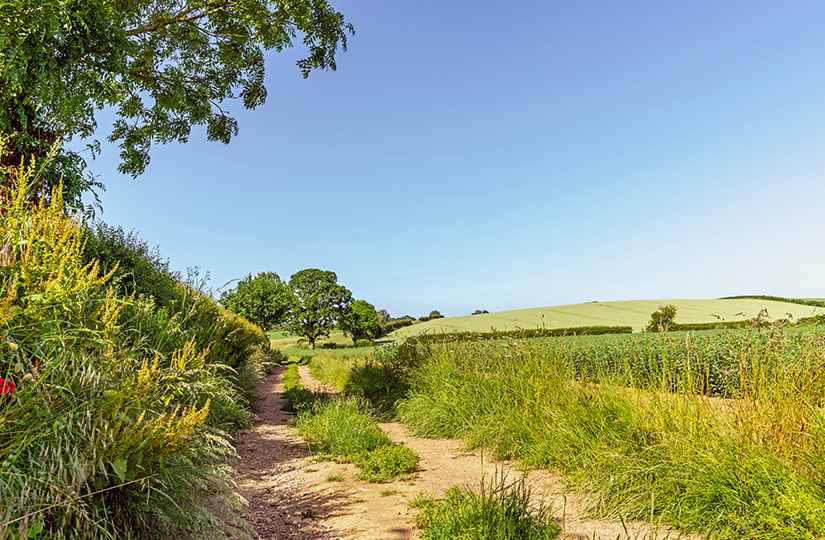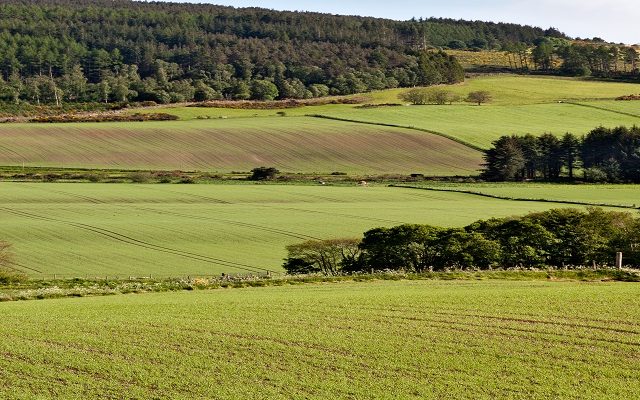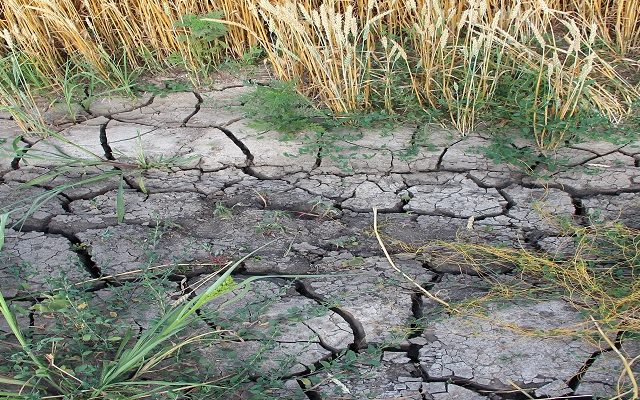Countryside Stewardship – key changes for 2022 agreements
The Countryside Stewardship Scheme (CSS) is now open for applications for agreements with a 1 January 2022 start date.
Strutt & Parker highlights the key changes that have been introduced this year, as part of Defra’s efforts to improve and simplify the scheme.
CAPITAL GRANTS OFFER:
- The most significant change in the Countryside Stewardship Scheme this year is an improved Capital Grants offer. Previously, the standalone two-year Capital Grants offer was limited to 12 items offered through the Hedgerows and Boundaries Grant and 12 options available through the Water Capital Grant. This year 67 options are available, which can also sit alongside a Wildlife Offer (normally you must not have a land parcel in both a CS Capital Grants agreement and another Countryside Stewardship agreement at the same time). The Capital Grants offer is also available to HLS agreement holders, where the options are compatible.
- The capital items available include capital grants within the following groups: Boundaries, Trees and Orchards, Water Quality and Air Quality.
- There is a limit of £20,000 within each option grouping, but if drawing on all three pots this means farmers can access up to £60,000. All capital grant applications can be made online.
- New items added to the capital item list include automatic slurry scrapers (£2760 per passageway/channel) and low ammonia emission flooring for livestock buildings (£72/m2).
- Some items (listed below) will need approval from a Catchment Sensitive Farming Officer (CSFO) before being put forward in an application. The land must also be in a Countryside Stewardship High Priority Area for Water or Air Quality.
Code Option
RP4 Livestock and machinery hardcore tracks
RP13 Yard – underground drainage pipework
RP14 Yard inspection pit
RP15 Concrete yard renewal
RP17 Storage tanks underground
RP18 Above ground tanks
RP19 First flush rainwater diverters and downpipe filters
RP20 Relocation of sheep dips and pens
RP21 Relocation of sheep pens only
RP22 Sheep dip drainage aprons and sumps
RP23 Installation of livestock drinking troughs (in draining pens for freshly dipped sheep)
RP24 Lined biobed plus pesticide loading and washdown area
RP25 Lined biobed with existing washdown area
RP27 Sprayer or applicator load and washdown area
RP28 Roofing (sprayer washdown area, manure storage area, livestock gathering area, slurry stores, silage stores)
RP29 Self-supporting covers for slurry and anaerobic digestate stores
RP30 Floating covers for slurry and anaerobic digestate stores and lagoons
AQ1 Automatic slurry scraper
AQ2 Low ammonia emission flooring for livestock buildings
TE4 Supply and plant a tree
TE5 Supplement for use of individual tree-shelters
- The application window for CS Capital Grants opened on 9 February 2021 and will close on 30 April 2021. If CSFO approval is needed this must be requested at least six weeks before you intend to submit your application. This means by 19 March.
MID-TIER CHANGES
- Mid-Tier capital-only applications will no longer be accepted – they must be a mix of capital and management options with a spending cap of £120,000 for air and water quality items, and £50,000 for boundaries, trees and orchards items.
- Changes in terms of Mid-Tier options include the addition of some new wood pasture options for the uplands to provide a mosaic habitat of grassland, scrub and trees. Eligibility for the upland option UP2 (management of rough grazing for birds) has also been widened to encourage greater uptake and improve the upland offer.
- The educational access option is now available as part of a Mid-Tier agreement, as well as in Higher-Tier agreements. This option lets school pupils visit farms for educational experiences and allows for care farming visits.
- The focus of inspections will be on environmental outcomes, offering advice and allowing things to be put right or paid on smaller areas without additional penalties.
- Applications for Mid-Tier are open from 9 February 2021 and will close at midnight on 30 July 2021. The last date to request a Mid-Tier paper application pack by email or phone is 28 May. The last date to request an application pack online is 30 June – except for Wildlife Offers where you do not need to request an application pack to apply online.
- Where CSFO approval will be required to support an application for capital items within a Mid-Tier agreement, the approval request form should be submitted by 18 June.
- Flexible start dates for agreements may be on the way. At present, the guidance notes are clear that the scheme will be open for applications from 9 February to 30 July 2021 and all agreements will start from 1 January 2022. But it says Defra is considering introducing a flexible application window in 2021. It adds: “As we cannot specify when a flexible window will be introduced, we strongly advise you to submit your application during the published fixed application deadline dates.”
WOODLAND CREATION AND MAINTENANCE GRANT:
- The updated Woodland Creation and Maintenance Grant is also open as part of Countryside Stewardship (applications can be made all year round). The payment rates for the grants have not changed, but the application process for the maintenance element of this grant is different this year.
HIGHER-TIER CHANGES:
- Initial applications for the Higher-Tier scheme are open from 9 February and close at midnight on 30 April.
OVERVIEW:
- Basic Payments will start to reduce from this year, so applying for CSS is a route to make up some of that financial shortfall.
- Funding is shifting from the Basic Payments Scheme to the Environmental Land Management (ELM) scheme over the next seven years, so signing up to a CSS agreement now will put you in a good position to join ELM and secure an alternative long-term income stream.
- Anyone who enters a new CSS agreement will be able to leave to join ELM once it has been fully rolled out in 2024, so there is no reason not to apply at this stage.
If you would like any help in putting together a Countryside Stewardship application, please get in touch.






